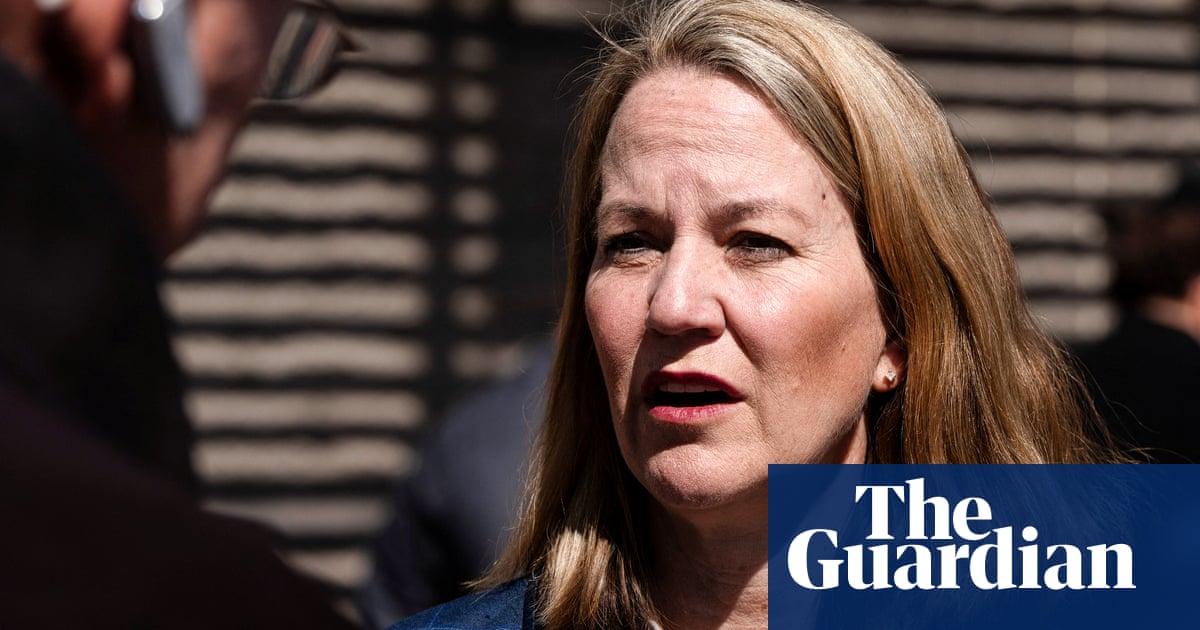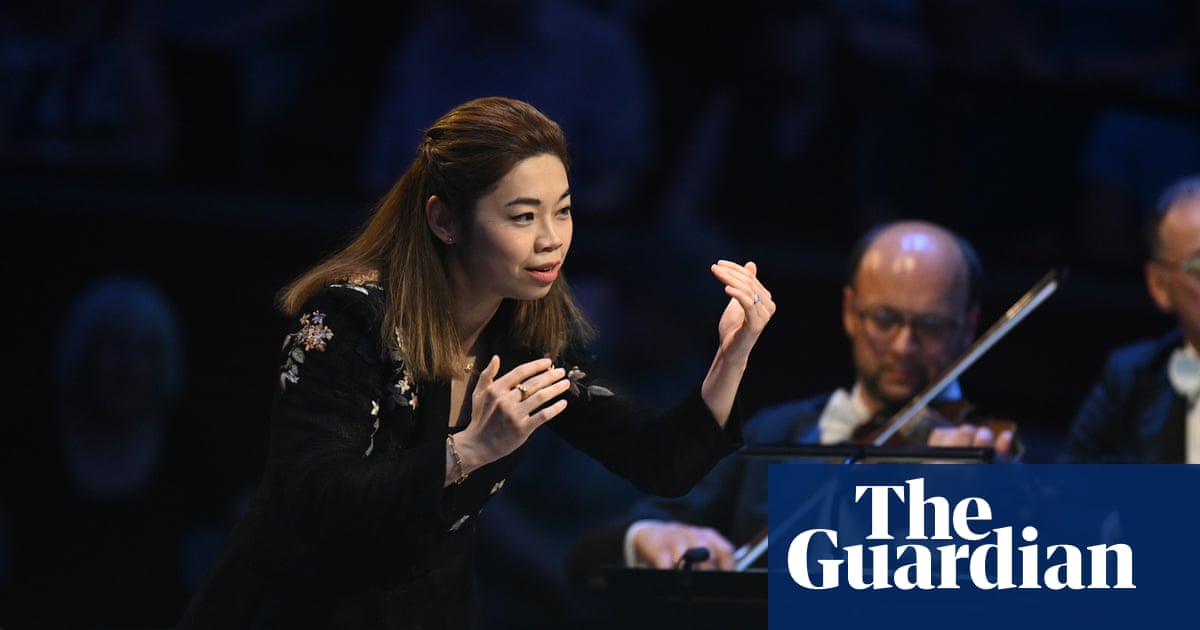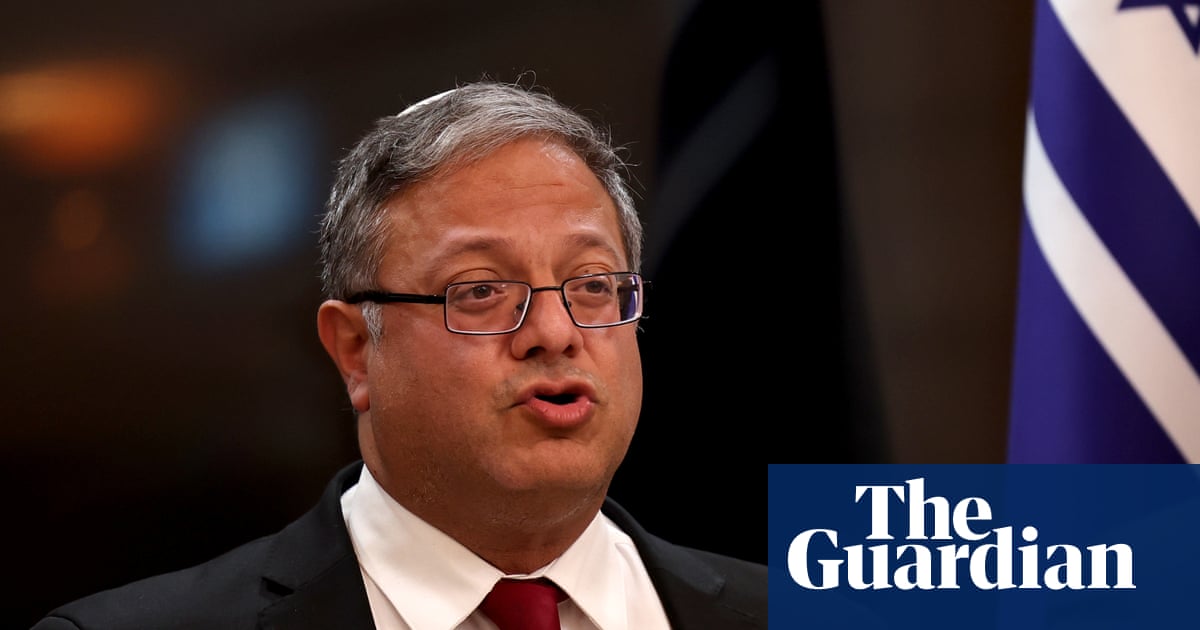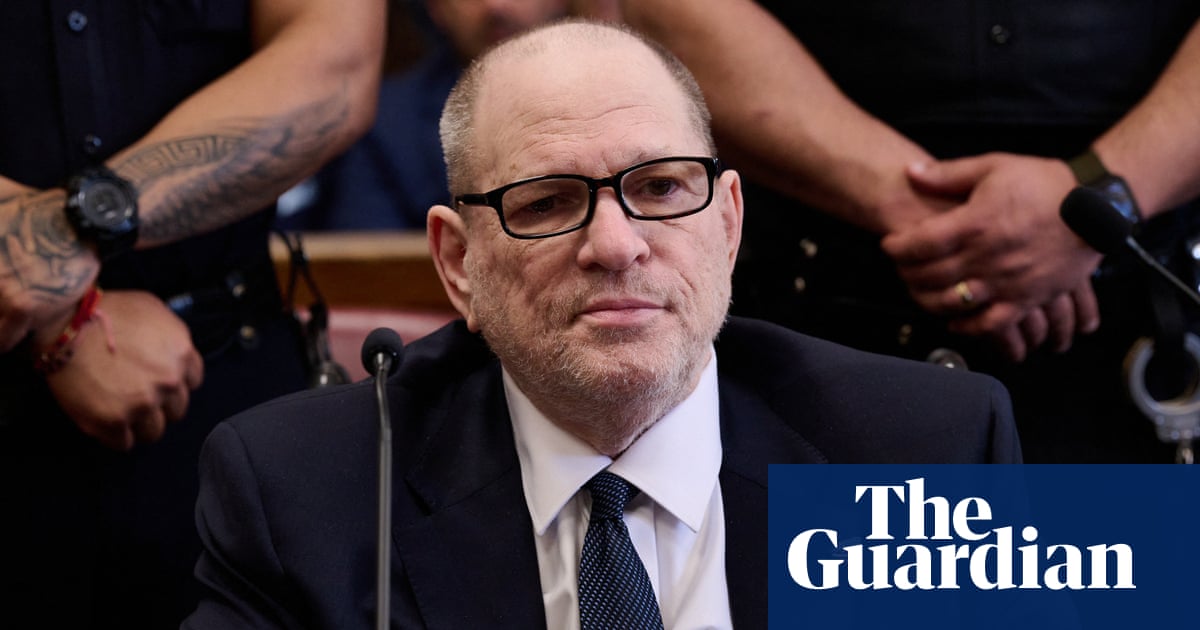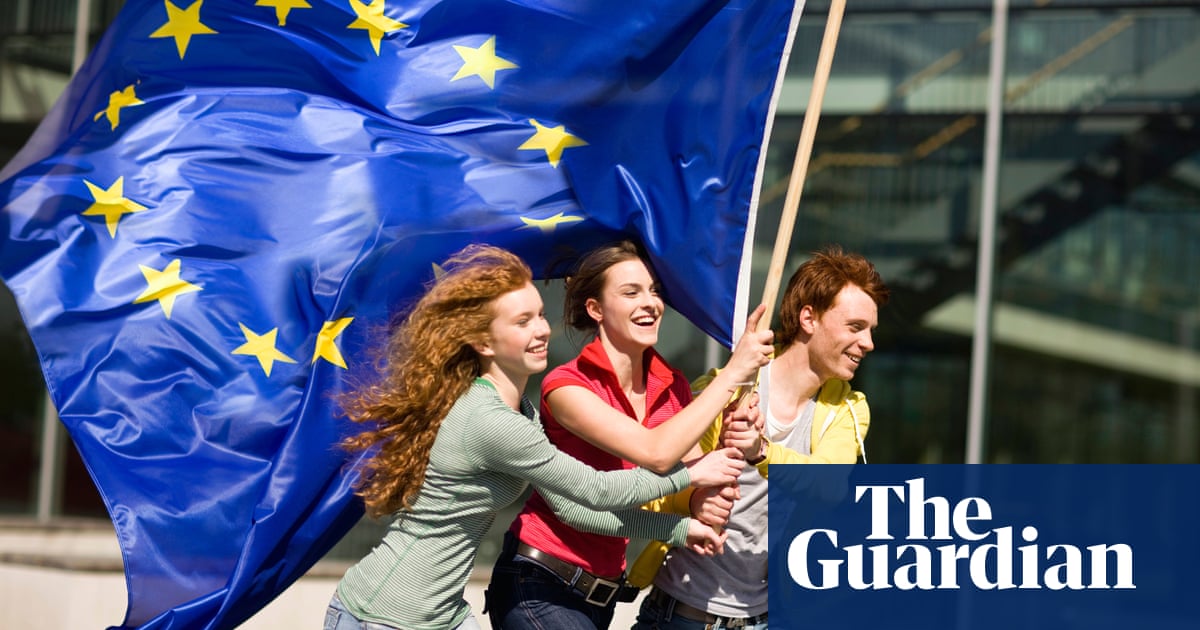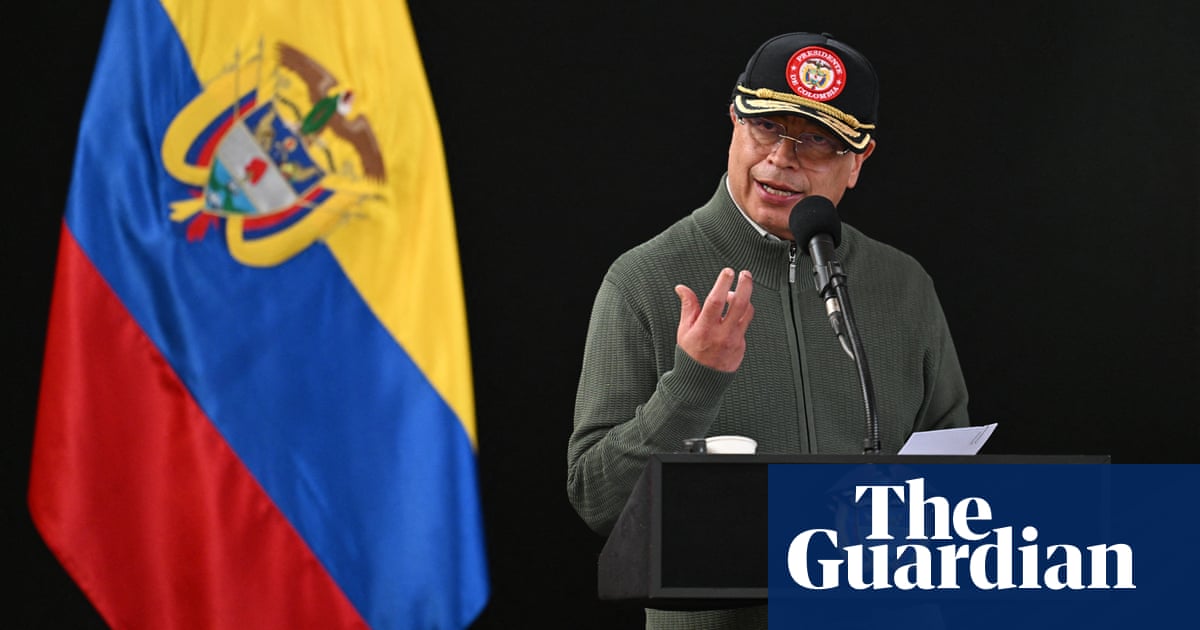Even if it doesn’t really seem like one, this year’s Proms marks the beginning of a new era for what styles itself as the world’s biggest classical music festival. Though Sam Jackson took over as controller of BBC Radio 3 and director of the Proms two years ago, the 2023 and 2024 programmes were essentially planned under the aegis of his predecessor as Proms supremo David Pickard. So the coming season is the first for which Jackson has been responsible, though he is keen to emphasise that organising a festival on the scale of the Proms is a team effort, and that though his name is the one that appears on the introduction to the printed guide, he is just one among several who have put the season together – a season of 72 concerts in the Royal Albert Hall, together with weekend residencies and concerts in Belfast, Bradford, Bristol, Gateshead and Sunderland.
Certainly the alterations that have been made to the eight weeks of concerts so far seem more matters of subtle degree than radical shifts in emphasis. There have been fears that the changes that have already been inflicted on Radio 3 during Jackson’s tenure might be mirrored in his first Proms. These include the tendency to play single movements rather than complete works, while avoiding any details such as opus and catalogue numbers that might be construed as off-puttingly musicological, as well as the launch of Radio 3 Unwind, devoted to music to “restore calm”. Such worries are quickly allayed though by a glance at the programmes, which contain as much serious, challenging music, both old and new, as ever. And whether deliberate or not, the choice of repertoire and the artists performing it this year suggest that attempts to ensure that every politically correct box has been ticked seem far less strenuous and contrived than they sometimes have in previous years.

Though there is no over-arching theme to the season, significant musical anniversaries are appropriately marked, with the exception perhaps of the 500th anniversary of Palestrina’s birth. There’s Arvo Pärt’s 90th birthday, the 150th anniversaries of the births of Ravel and Samuel Coleridge Taylor, and the 50ths of the deaths of Bernard Herrmann and Shostakovich, while this year’s two great centenarians, Pierre Boulez and Luciano Berio, are celebrated in a late-night visit by Ensemble intercontemporain, as well as in orchestral concerts. Though performances of Berio’s famous Sinfonia, his Schubert-based Rendering, and the music-theatre piece Recital I (For Cathy) are welcome inclusions, it’s a shame that a concert performance of one of his operas that has yet to be heard in Britain could not have been organised, and that one of Boulez’s rarely heard early choral works could not be revived, especially in the wake of the BBC Symphony Orchestra’s outstanding performance of Pli Selon Pli in the Barbican’s Boulez day last month.
As usual too the new works, the world or British premieres, vary from the genuinely intriguing to the seemingly dutiful. Tom Coult’s Monologues for the Curious, inspired by the ghost stories of MR James and composed for tenor Allan Clayton, and Mark Simpson’s ZEBRA, a guitar concerto for Sean Shibe, after the sci-fi of Philip K Dick, belong in the first category, as does Anna Thorvaldsdottir’s cello concerto, Before We Fall, and Gabriella Smith’s organ concerto, Breathing Forests.
And while there aren’t any standout special events – performances of works that only an organisation such as the BBC would have the financial and musical muscle to put on – it will good to hear Birtwistle’s Earth Dances and Steve Reich’s The Desert Music played live again, while British music aficionados won’t want to miss three choral rarities, Vaughan Williams’s Sancta Civitas, Arthur Bliss’s Morning Heroes and Delius’s Mass of Life.

Transatlantic orchestras, however, are still conspicuous by their absence. The regular stream of visiting ensembles in previous years that represented the cream of the orchestral world in the final weeks of the season now seems very much a thing of the past. There are two concerts each from the Royal Concertgebouw under Klaus Mäkelä and the Vienna Philharmonic with Franz Welser-Möst, who is rarely seen in London these days, as well as a one-off appearance from the Leipzig Gewandhaus with Andris Nelsons. Other visitors include the Danish National Symphony, the Melbourne Symphony and the Budapest Festival orchestras, but as usual the majority of the concerts are sourced from the BBC’s “house” orchestras, and the independent home-based ones, some with their regular conductors and some with guests.
As ever, tickets to stand, either in the arena or in the gallery under the dome of the RAH and which are only made available on the day of each concert remain a bargain, priced at £8 throughout the season. But elsewhere in the hall prices vary widely from evening to evening, though for most concerts the most expensive seats are around £60. Sometimes they’re considerably more than that, though the logic behind some of the pricing is hard to follow. There’s a top price of £110 for the second of the Vienna Philharmonic’s concerts, for instance, a programme of Mozart and Tchaikovsky, while the previous evening, with the same orchestra and conductor performing Berg and Bruckner, the most you will pay is £86. No doubt the BBC and the Albert Hall have their reasons for these and other disparities, and meanwhile throughout the two months of concerts, you can always a get to hear lot of good music for a lot less.

 4 hours ago
5
4 hours ago
5


